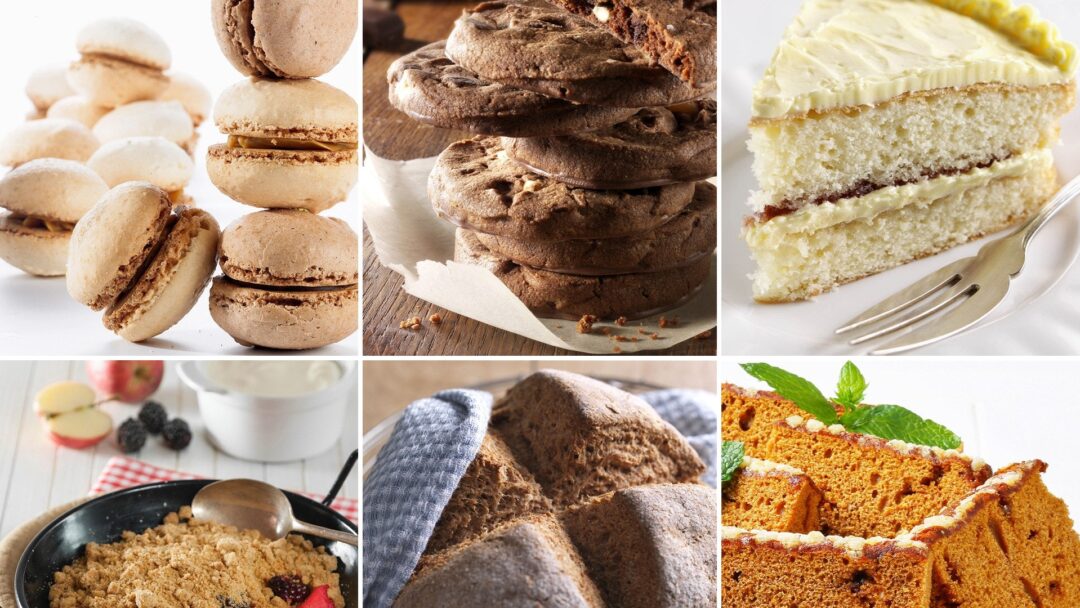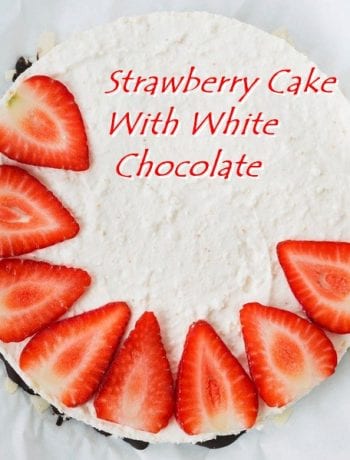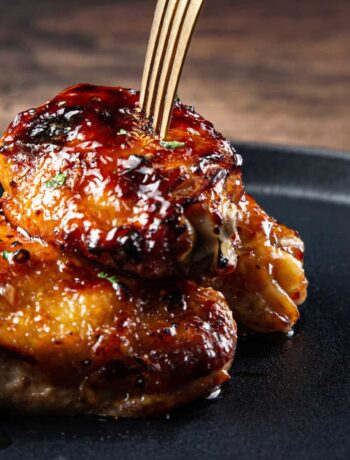There are many different types of desserts, each with its unique flavors and textures. But what makes a cookie different from a cake? Is it just the shape, or is there more to it than that?
In this article, we’ll take a closer look at the difference between cookies and cakes and discuss some factors that make each unique.
What are the Ingredients?
The main difference between cookies and cakes lies in the ingredients used to make them. Cakes are usually made with flour, eggs, sugar, and butter or oil, while cookies often use flour, sugar, butter, or margarine. Cakes also tend to contain leavening agents such as baking powder and baking soda, which help them rise during baking. Cookies are usually denser than cakes because they don’t have these same rising agents.
Another ingredient difference between cookies and cakes is that cookies often contain additional ingredients such as chocolate chips, nuts, dried fruit, and sprinkles for flavor. Cakes usually only have one main flavor ingredient, like chocolate or vanilla.
Structure
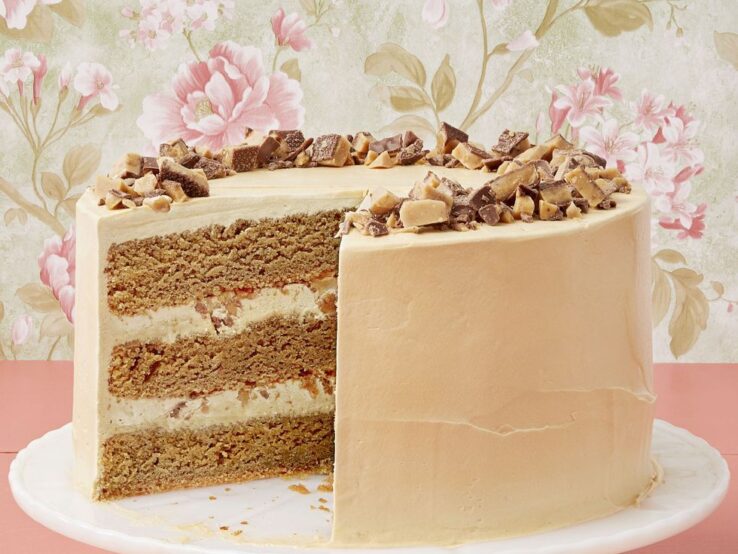
Source: thepioneerwoman.com
Another main difference between cookies and cakes is in the structure of each dessert. Cakes are usually baked in a round or rectangular cake pan and then layered with filling, frosting, and decorations. Cookies are typically baked on baking sheets and may not have any additional layer besides the cookie dough itself. This difference affects how quickly each type of dessert is cooked and how much time you need to prepare it.
Texture
The textures of a cookie and a cake are also quite different. Cakes are usually light, fluffy, and moist due to the leavening agents that they contain. On the other hand, Cookies are denser and chewier because they don’t have these same rising agents.
Texture also plays a role in how cookies and cakes taste. Cakes have a milder flavor and can be more easily flavored with frosting or other ingredients. Cookies, however, often have more robust flavors due to the additional ingredients they contain, such as chocolate chips or nuts.
Flavor

Source: myrecipes.com
As mentioned above, cookies and cakes also differ in terms of flavor. Cakes often have milder flavors with more subtle notes of sweetness due to the sugar content. Cookies usually have bolder flavors because they contain additional ingredients, such as chocolate chips or nuts, that provide a more pungent taste.
The type of leavening agent used in each dessert also contributes to the flavors. Baking powder and baking soda, often used in cakes, give a light, airy texture and milder flavor. Cookies that use only butter or margarine have a denser texture and more robust flavor.
Serving size
The serving sizes of cookies and cakes can be quite different. Cakes are usually made in a single large layer or several smaller layers and are meant to be shared among multiple people. Cookies usually come in individual servings, making them better suited for individuals or small groups.
Serving size also affects how quickly each dessert is consumed. A single cake may last longer than cookies as it can be shared among multiple people, while individual cookies are usually eaten more quickly.
Preparation time
The preparation time for cookies and cakes is also quite different. Cakes are usually more involved to prepare as they require baking, filling, frosting, and often decorations. Cookies can typically be prepared much faster as they don’t have the same level of complexity in their ingredients or design.
Cookies can also be made in larger batches, making them ideal for events where many people are served. Chummys Bakery UK cookies and brownies are among the best collections for any occasion. However, cakes require more individual attention and may be better suited for smaller gatherings.
Health
Cookies and cakes differ in terms of their nutritional content. Cakes have more sugar and carbohydrates than cookies, making them higher in calories. Cookies usually contain additional ingredients such as chocolate chips or nuts that may provide some health benefits but can also increase the overall calorie count.
It’s essential to remember that cookies and cakes can be part of a healthy diet in moderation. Both desserts offer some nutritional value, but paying attention to portion sizes and the ingredients used in each dessert is essential.
Cost
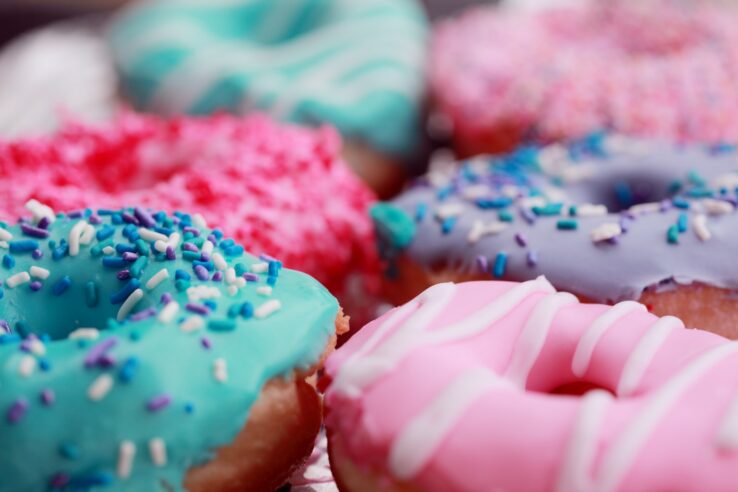
Source: unsplash.com
The cost of cookies and cakes can also vary depending on the ingredients used, complexity, and size. Cakes tend to be more expensive than cookies due to the time required for preparation and decorations.
Cookies may require fewer ingredients but can still add cost if you make a large batch. It’s essential to consider the cost of ingredients and preparation time when deciding which dessert to make.
If you don’t have the time to bake the perfect batch of cookies, check out Cravory cookies; they have a huge variety of cookie options, and they do door-to-door deliveries too.
In conclusion
Cookies and cakes differ in ingredients, texture, flavor, serving size, preparation time, health, and cost. While the person making the cake is also important, even baking experts like Jeffrey Mccauley need to use the right ingredients. While both desserts can be part of a healthy diet in moderation, it’s essential to consider the specific characteristics of each dessert when deciding which one to make. Ultimately, it’s up to personal preference and dietary needs as to which dessert is suitable for you.

